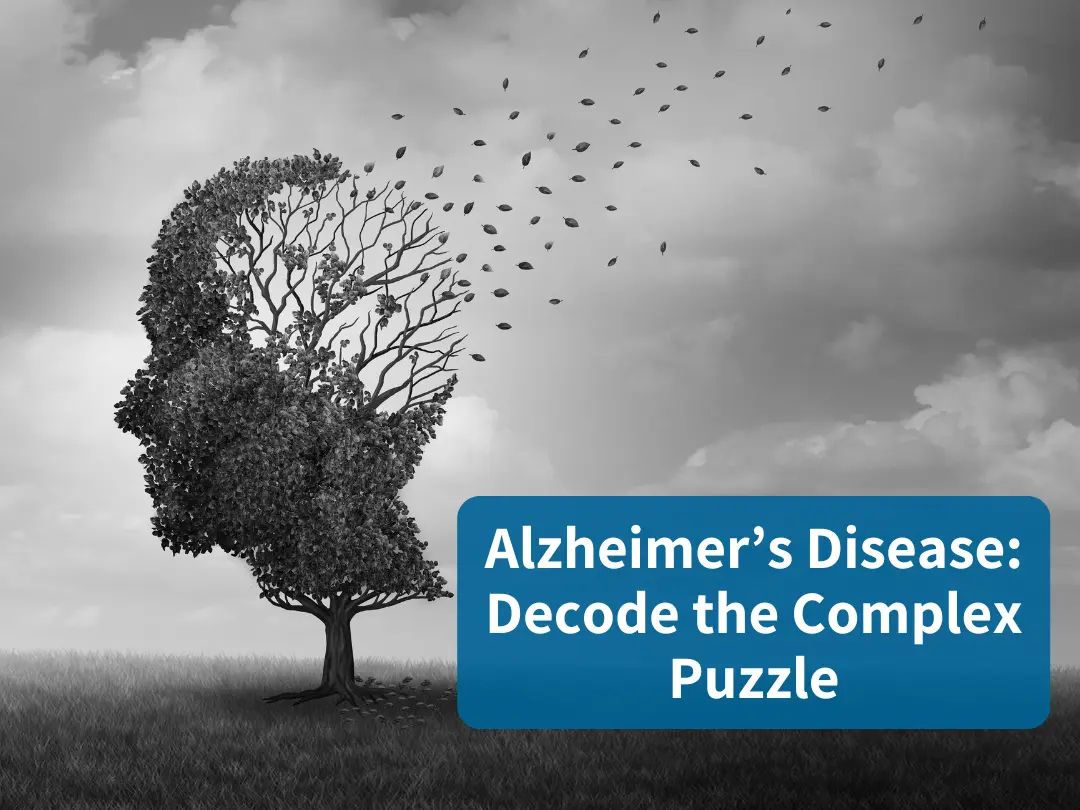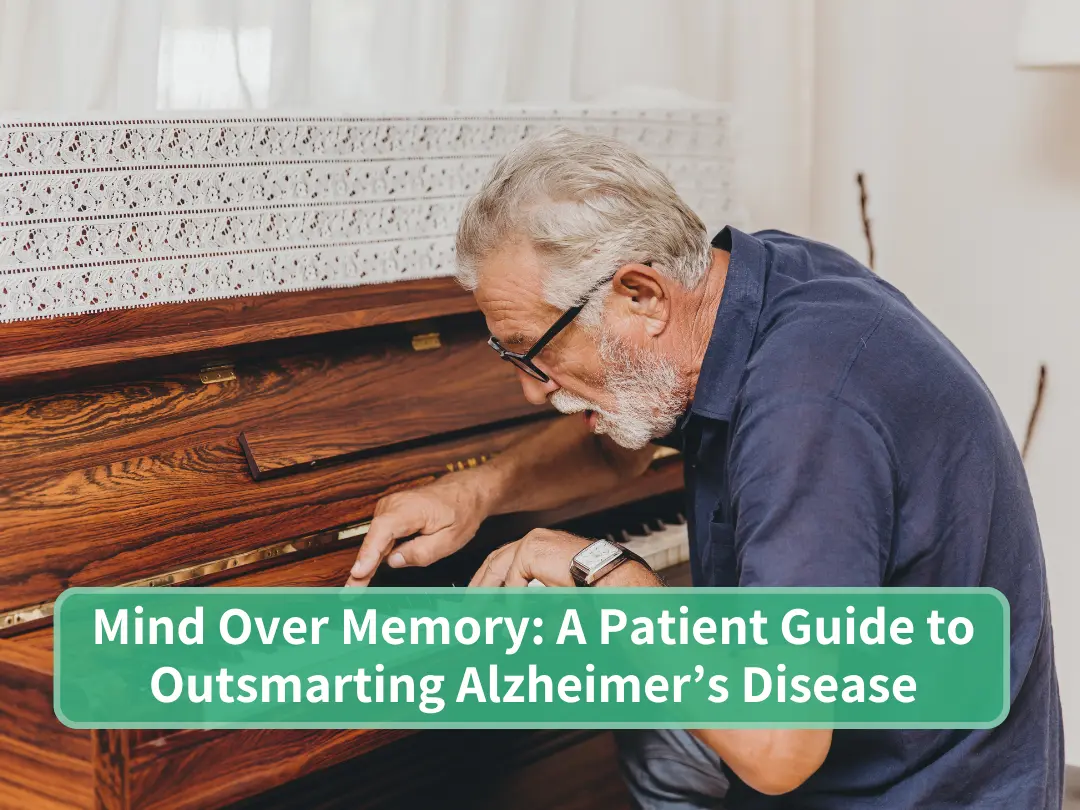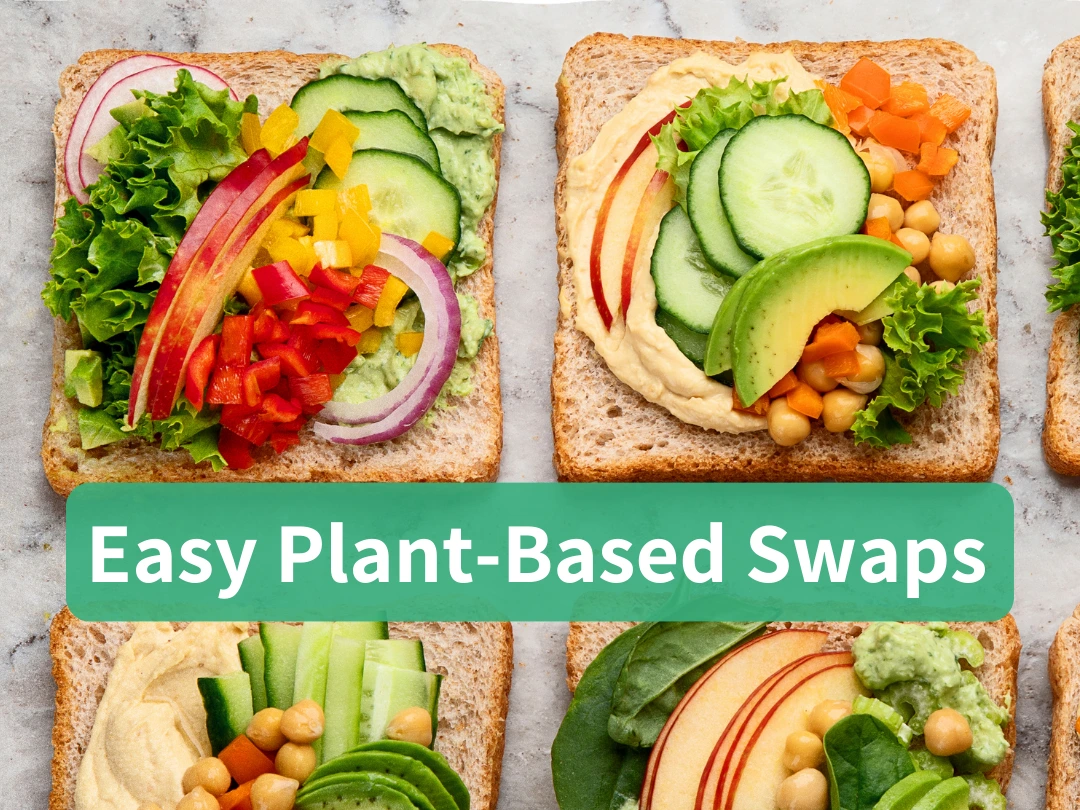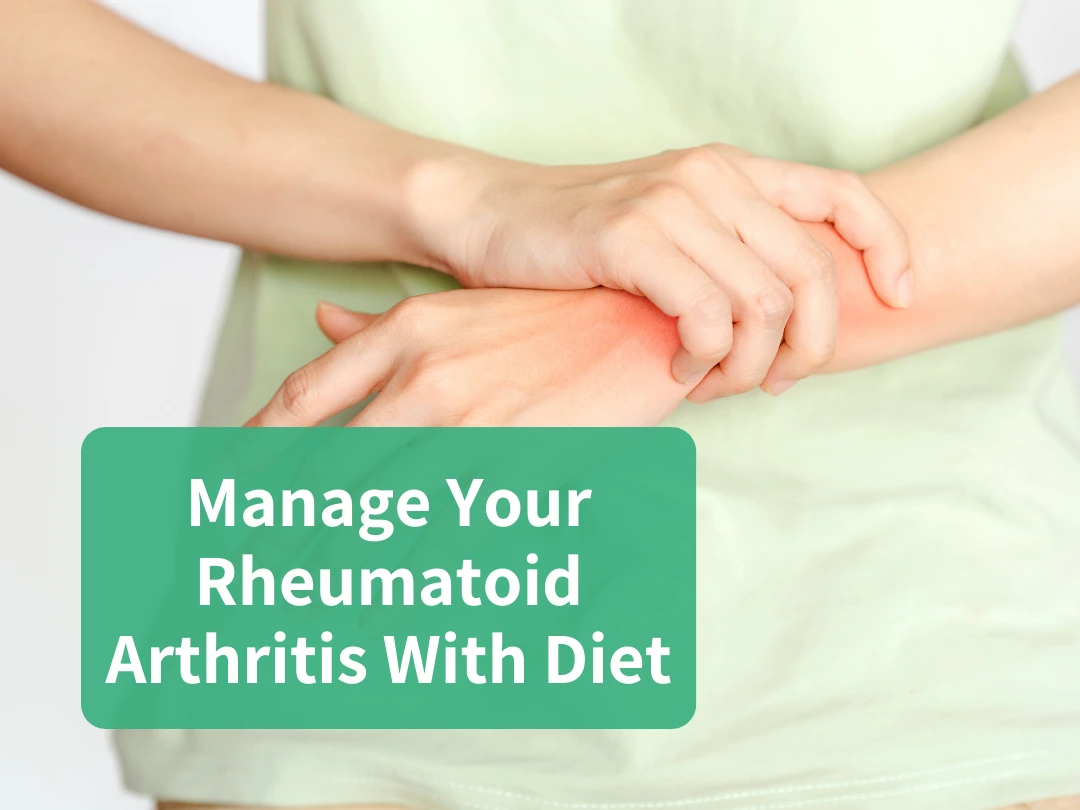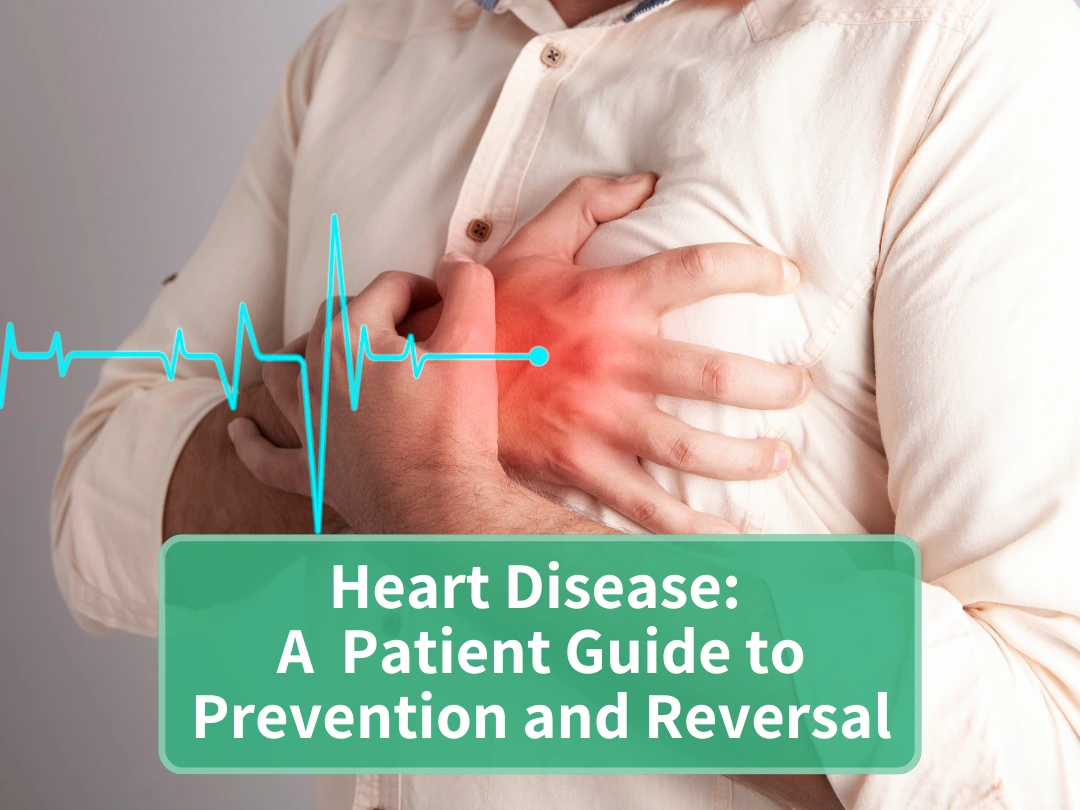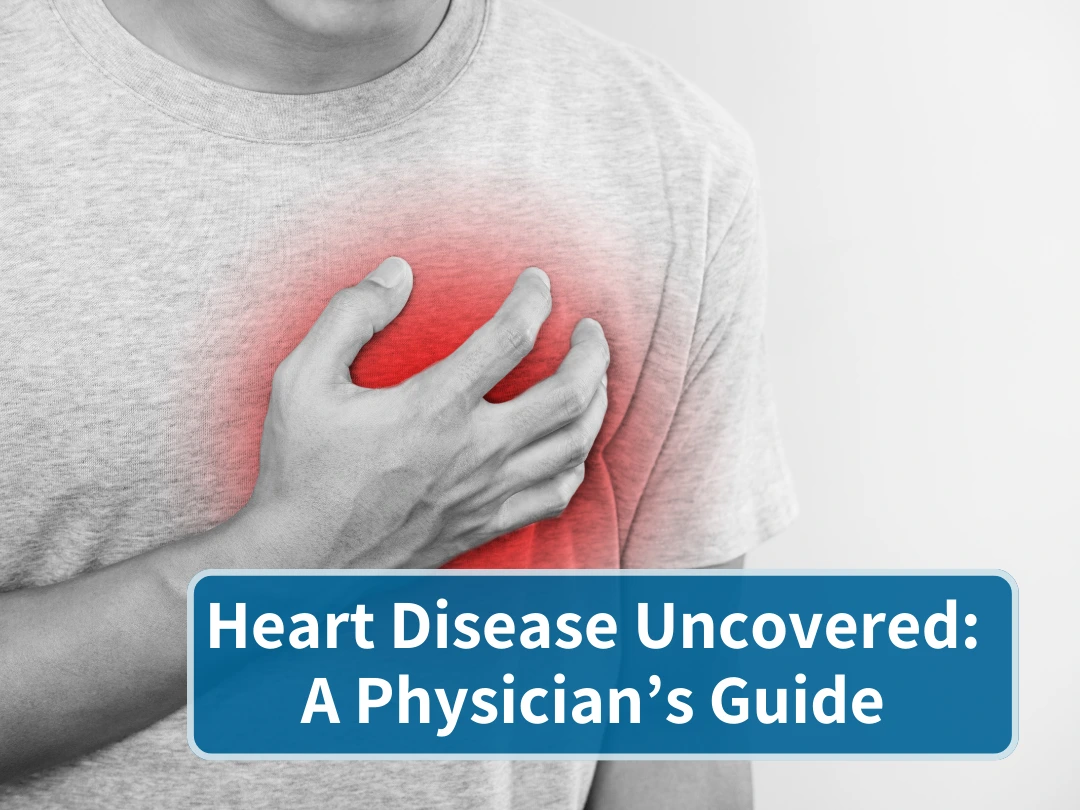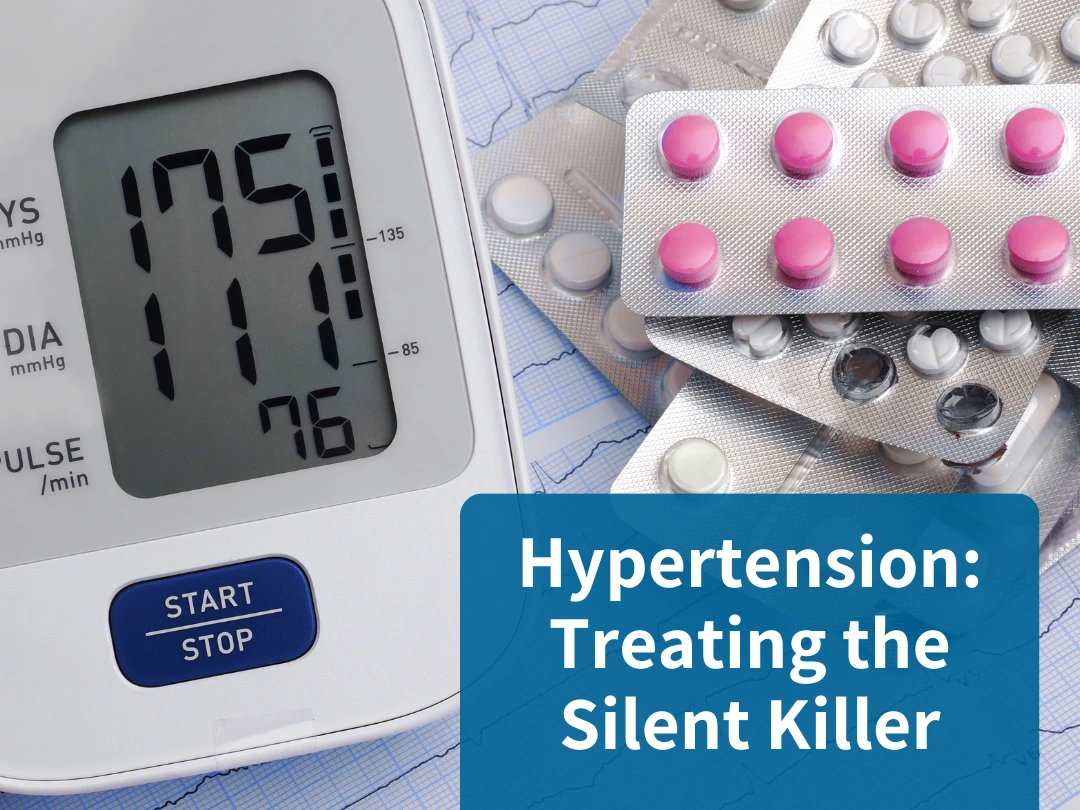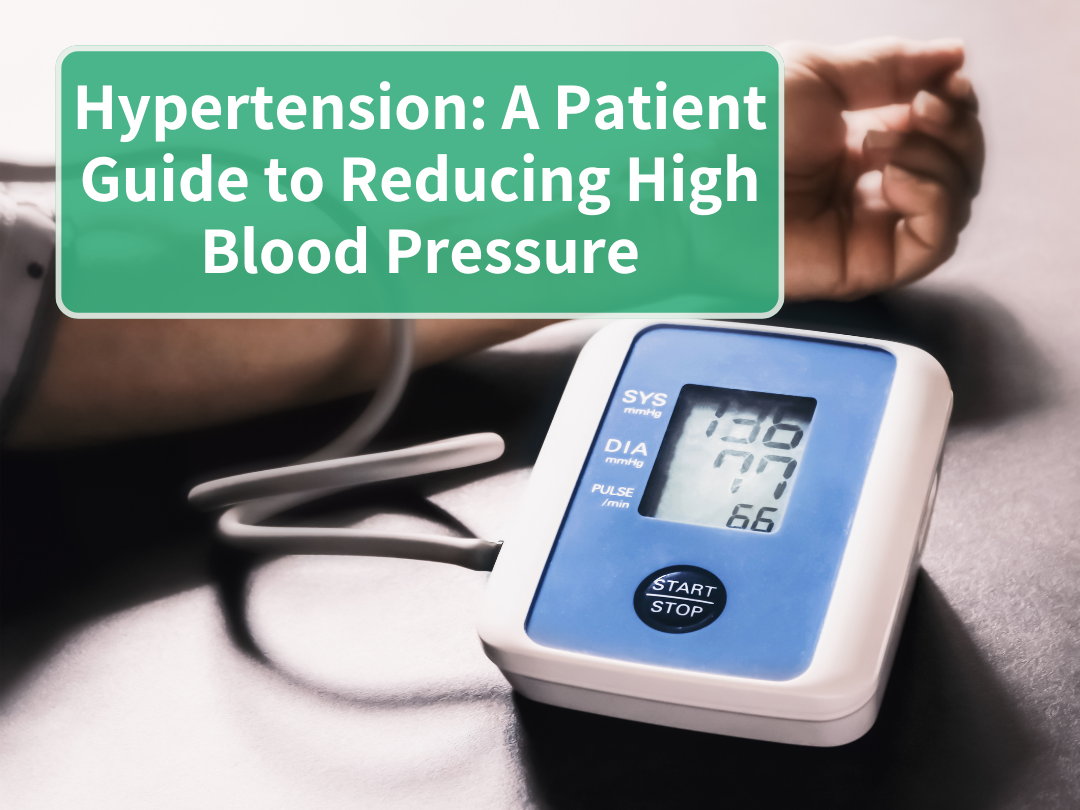
World Chocolate Day 2022
Is Chocolate Healthy? What the Latest Science Says
Hi there, I’ve “bean” expecting you.
Globally, around 4 million tons of these beans are consumed every year (1). Today, I’m going to give you the lowdown on the latest science about this “Food of the Gods”. That’s right, we’re talking about chocolate!
The Mayans were probably the first to dig chocolate, and I mean REALLY dig it. They believed it was a gift from the gods, and I can understand why! Back then, their chocolate fix consisted of cacao beans prepared with hot water and chilli peppers. When the first Europeans encountered chocolate in the 16th century they were unsure about the “mysterious-looking almonds”. However, luckily for us, they figured that one out and chocolate began its triumphant and sweetened sweep throughout the world and…through our intestines, I guess.
It’s definitely delicious but just how healthy is it? Upon consulting my good old friend – the internet – about that particular question, I found out that chocolate has near-miraculous properties – even enhancing one’s maths skills (2). I really wish I’d known about this back in school. Are these magical medical properties too good to be true or actually based on scientific evidence, you’re asking? Now, that’s a great question. Let’s find out!
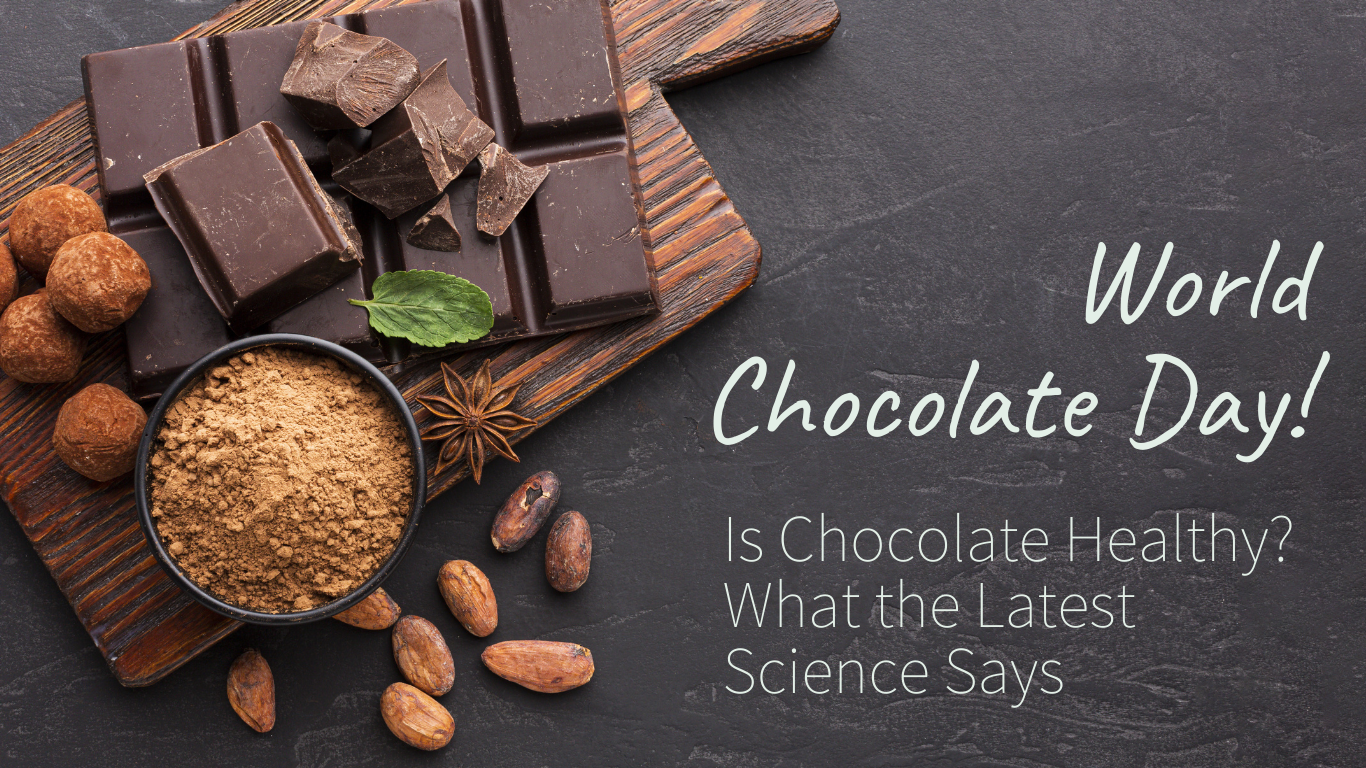
HOW MUCH SCIENTIFIC RESEARCH IS THERE ON CHOCOLATE AND HEALTH?
As a matter of fact, there is a whole bunch of studies on chocolate (3). Many of them are either animal or in vitro studies or have very small sample sizes. Therefore, they are about as useful as a chocolate teapot. Additionally, we always should keep in mind how studies are funded as favourable outcomes are more likely with funding from the food industry. Let’s check instead the most recent evidence from systematic reviews and meta-analyses of larger human trials – both cohort and intervention studies.
Raw cacao beans – the origin of this chocolatey goodness – contain several important minerals such as magnesium, copper, potassium and iron (4). However, their medical properties most likely occur due to their extraordinarily high content of certain phytochemicals called polyphenols (5), specifically the flavanol epicatechin and its oligomers and polymers called proanthocyanidins (6).
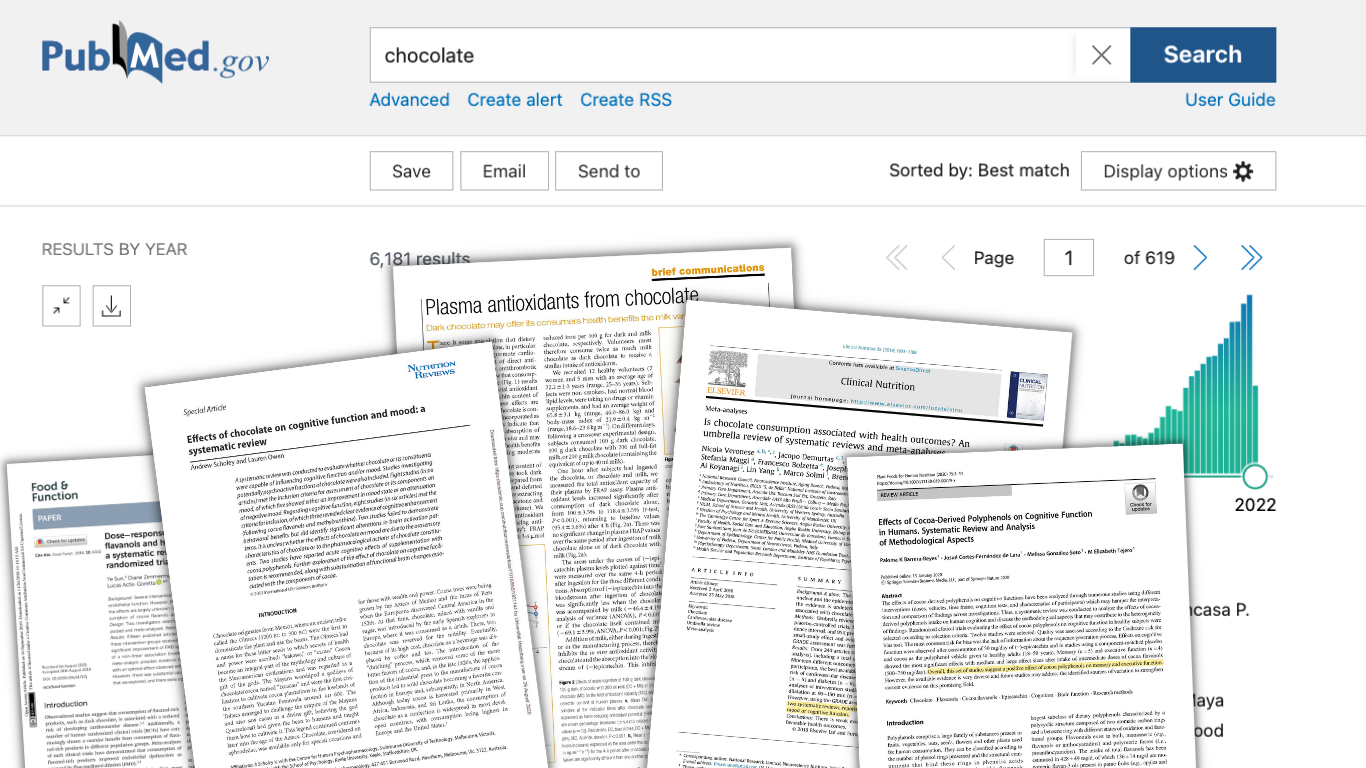
THE MANY ASSOCIATIONS BETWEEN CHOCOLATE AND HUMAN HEALTH
Furthermore, not only may chocolate and its polyphenols have positive effects on cardiovascular health but also on cardiometabolic health (13) potentially reducing dyslipidemia, insulin resistance, and systemic inflammation (13), which are all major subclinical risk factors for cardiometabolic diseases. In addition, regular chocolate consumption has been found to have favourable effects on BMI and body weight (14). These mechanisms make it feasible that chocolate consumption also confers reduced risks of type 2 diabetes (15).
You may have also heard about another association – chocolate and mood. A 2013 systematic review found that the data appear to demonstrate very reliable effects of chocolate and its components in attenuating negative mood (16). However, it might be noteworthy that Kraft Foods Inc. funded this review and a subsequent umbrella review of systematic reviews and meta-analyses found no association between chocolate consumption and better depressive mood or cognitive function (17).
God damn it! It’s all lies! What’s the point? Then again, a recent 2020 systematic review and meta-analysis about cocoa and cognition found a positive effect of cocoa polyphenols on memory and executive function (18). Another systematic review and meta-analysis in 2021 also found that the consumption of cocoa-rich products may improve affect and mood in the short term (19). Now, where did I put my chocolate?
THREE THINGS TO KEEP IN MIND REGARDING EVIDENCE SURROUNDING CHOCOLATE
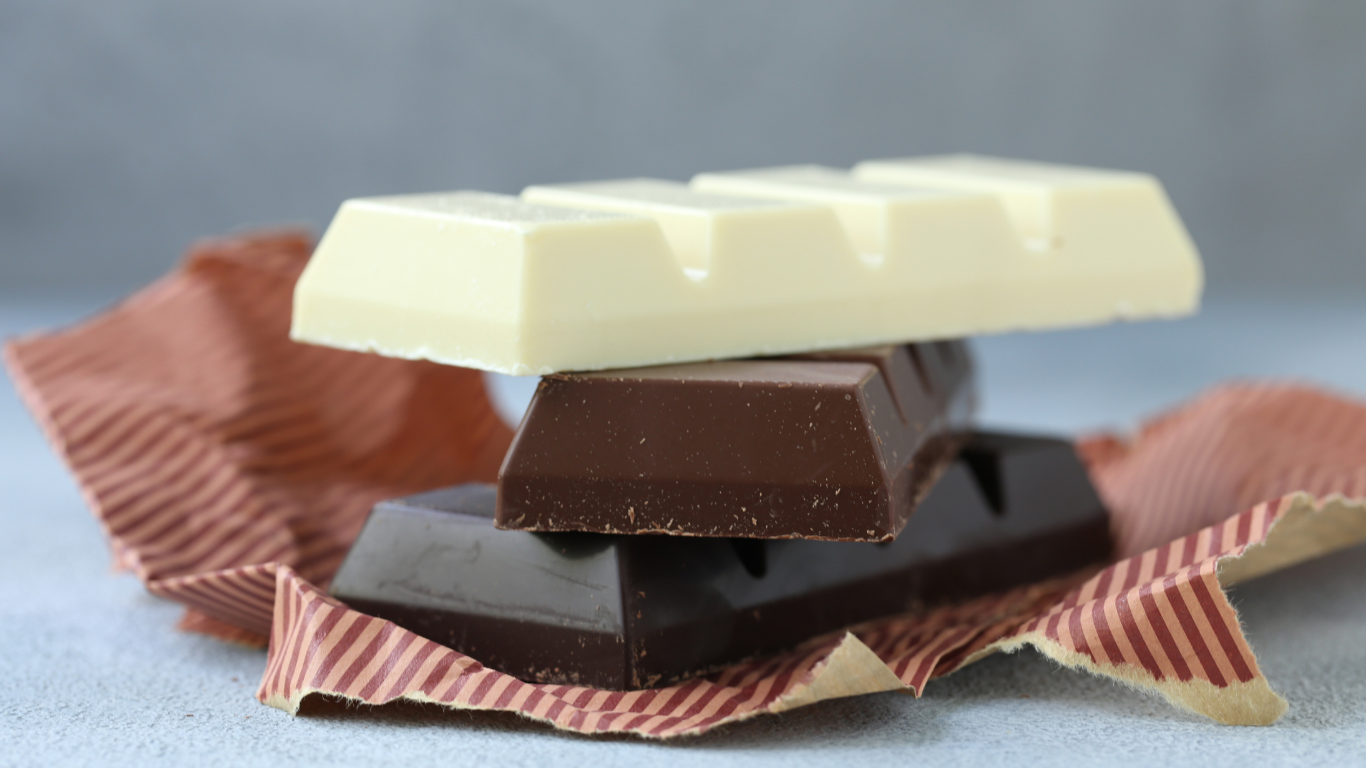
Wait, what was I doing? … ah that’s right. OK – hold on. When looking at the evidence surrounding chocolate, we should keep three things in mind:
- The quality of evidence for most of these findings is low to very low which means that, in order to “raise the bar” (get it?) much more thoroughly conducted research is needed, such as large-scale RCTs, to verify or falsify these findings.
- Positive findings have only been found for dark chocolate and cocoa powder, not for white or milk chocolate (20, 21). There is inconclusive evidence on whether milk might interfere with flavonoid absorption and bioavailability. However, in most cases, milk chocolate contains negligible amounts of polyphenols (22) resulting in no considerable beneficial impact on health. Or as one study put it: the darker the better (23).
- Last but not least: Chocolate contains quite a lot of calories. Luckily though, most of the positive effects we saw in the studies resulted from eating roundabout…hang on…only 10 to 30 g of dark chocolate a day? Ehm, so that’s already an additional 50 to 150 kcal. OK, so eating the amounts that I’ve been eating during this article probably poses more health threats than benefits. But don’t worry, I’ll let you know once there’s finally a study that says you can eat as much chocolate as you like. Come on researchers, work faster!
THE FUTURE OF CHOCOLATE RESEARCH
“significantly lower mortality from cardiovascular disease (CVD), heart disease and cancer, representing 13%, 16% and 12% risk reductions for the highest compared to lowest chocolate category, respectively” (24).
To get the best health benefits and a delicious treat, unprocessed cocoa powder – with no added sugar and packed with polyphenols – is the way to go. Let me show you how. Pour unsweetened plant-based milk of choice into a blender, add 20g of unprocessed cocoa goodness, throw in some lovely fresh berries, give it a quick blast to mix it all up then sit back and enjoy.

Author: Cirus Henn
Cirus Henn is an aspiring physician, nutrition expert and co-founder of the international medical nutrition organisation Physicians Association for Nutrition. For more than 15 years, he has studied nutrition in-depth as a means of enhancing well-being and performance as well as preventing and treating disease. In his lecturing and teaching activities, he inspires an international audience of medical professionals and interested lay people about the potential of healthy nutrition. His intensive examination of scientific findings and his deep-rooted interest in humanity guide his work.

References List:
- https://www.iisd.org/system/files/publications/ssi-global-market-report-cocoa.pdf
- https://www.telegraph.co.uk/foodanddrink/foodanddrinknews/5094374/How-eating-chocolate-can-help-improve-your-maths.html
- https://pubmed.ncbi.nlm.nih.gov/?term=chocolate&filter=pubt.meta-analysis&filter=pubt.randomizedcontrolledtrial&timeline=expanded
- https://www.ncbi.nlm.nih.gov/pmc/articles/PMC5465250/pdf/fimmu-08-00677.pdf
- https://www.nature.com/articles/ejcn2010221
- https://www.sciencedirect.com/science/article/pii/B9780128166871000096
- https://pubmed.ncbi.nlm.nih.gov/31987247/
- https://pubmed.ncbi.nlm.nih.gov/31524216/
- https://www.tandfonline.com/doi/abs/10.1080/10408398.2020.1733484?journalCode=bfsn20
- https://pubmed.ncbi.nlm.nih.gov/32220363/
- https://pubmed.ncbi.nlm.nih.gov/29290347/
- https://pubmed.ncbi.nlm.nih.gov/30061161/
- https://pubmed.ncbi.nlm.nih.gov/27683874/
- https://pubmed.ncbi.nlm.nih.gov/29553824/
- https://www.ncbi.nlm.nih.gov/pmc/articles/PMC5537803/
- https://pubmed.ncbi.nlm.nih.gov/24117885/
- https://pubmed.ncbi.nlm.nih.gov/29903472/
- https://pubmed.ncbi.nlm.nih.gov/31933112/
- https://pubmed.ncbi.nlm.nih.gov/33970709/
- https://www.nature.com/articles/4241013a
- https://www.researchgate.net/publication/5814500_Milk_Does_Not_Affect_the_Bioavailability_of_Cocoa_Powder_Flavonoid_in_Healthy_Human
- https://www.ncbi.nlm.nih.gov/pmc/articles/PMC4696435/
- https://pubmed.ncbi.nlm.nih.gov/29034240/
- https://pubmed.ncbi.nlm.nih.gov/35460393/
Recent posts
Alzheimer’s Disease: Decode the Complex Puzzle
Alzheimer’s is a complex puzzle. Learn about genetic factors and how recommending a whole food, plant-based diet can elevate patient care.
A Patient Guide to Outsmarting Alzheimer’s Disease
Learn how dietary choices impact Alzheimer’s risk. Discover measures that can slow progression and reduce its effects.
Easy Plant-Based Swaps
Make your transition to a whole food, plant-based diet stick. Explore delicious and easy plant-based swaps to add more plants to your plate.
Manage Your Rheumatoid Arthritis With Diet
Manage rheumatoid arthritis naturally with a plant-based diet. Reduce inflammation, ease joint pain, and improve your overall health.
Rheumatoid Arthritis and Diet: A Physician’s Guide
Rheumatoid Arthritis and Diet: A Physician’s GuideBy Carlijn Wagenaar, MD and Wendy Walrabenstein, RD from PAN The...
Heart Disease: A Patient Guide to Prevention and Reversal
Discover how to prevent and reverse heart disease. Learn about the advantages of lifestyle changes with a whole food plant-based diet.
Heart Disease Uncovered: A Physician’s Guide
Uncover the secrets to prevent and reverse heart disease. Learn how a whole food plant-based diet can help patients lead a heart-healthy life.
Treating the Silent Killer: Hypertension Insights and Solutions
Explore the power of plant-based diets in managing hypertension. Empower your patients to take control of their blood pressure readings.
Hypertension: A Patient Guide to Reducing High Blood Pressure
Is high blood pressure dangerous? What can you do to manage hypertension and reduce your risk of other related diseases?
Carbohydrates: A Complex or Simple Matter?
Are carbohydrates essential for our health? Do low-carb diets yield greater weight loss? What benefits do whole plant-based foods provide? Find out the answers to these questions and more in this blog post.

Making better physicians
Ready to improve your nutrition knowledge?
Sign up to the PAN Academy and take our free online courses on nutrition science.
Module #2 Basics of Nutrition
Are you interested in digging deeper into the evolution of nutrition science? Wanna upskill your understanding of micro and macronutrients and their roles in the human body? Then, this module is for you!



Making better physicians
Ready to improve your nutrition knowledge?
Sign up to the PAN Academy and take our free online courses on nutrition science.
Module #2 Basics of Nutrition
Are you interested in digging deeper into the evolution of nutrition science? Wanna upskill your understanding of micro and macronutrients and their roles in the human body? Then, this module is for you!

